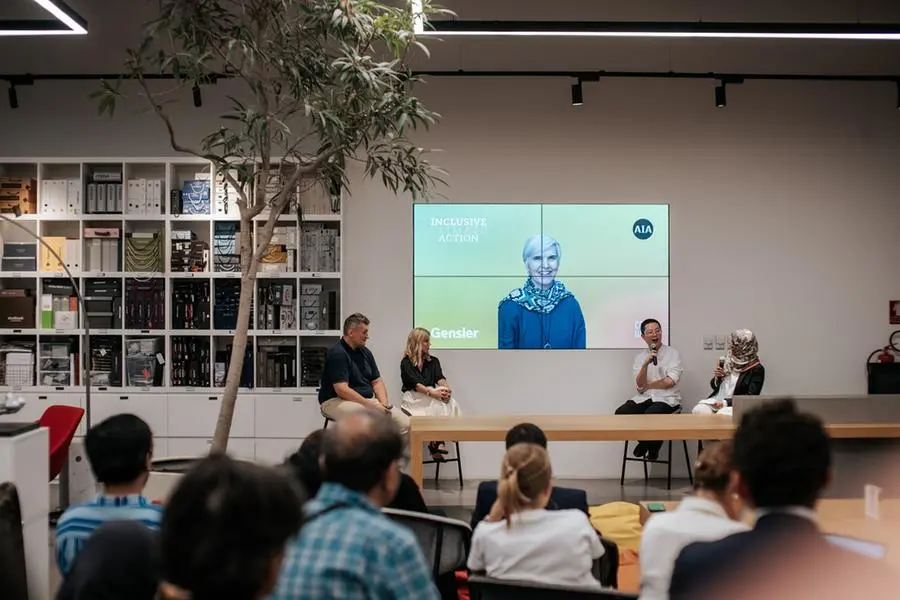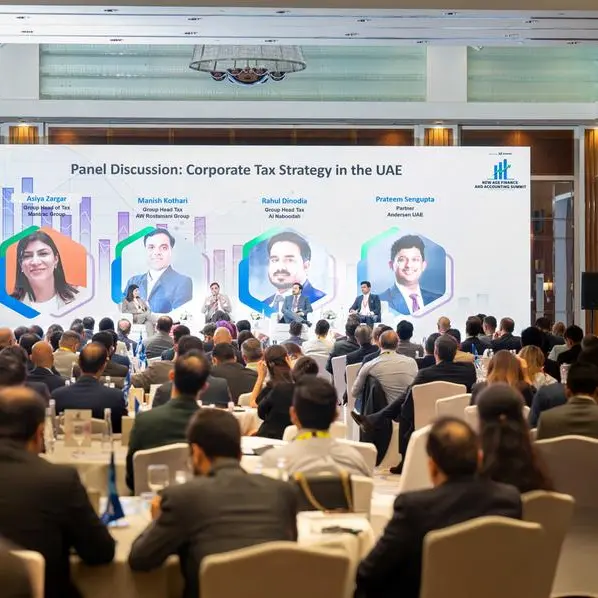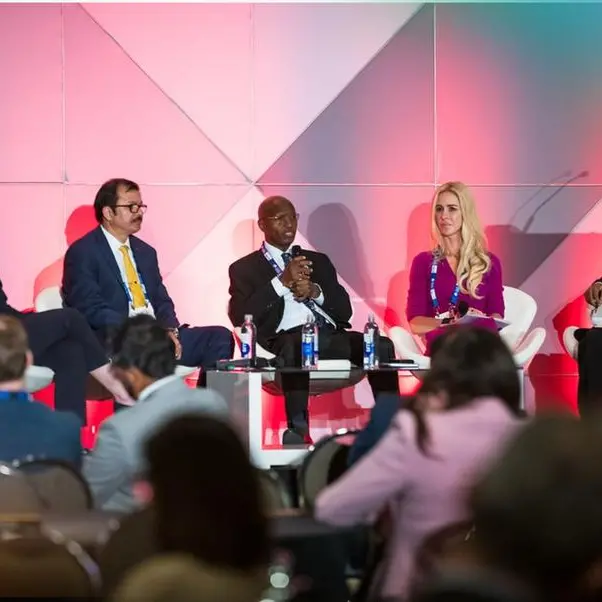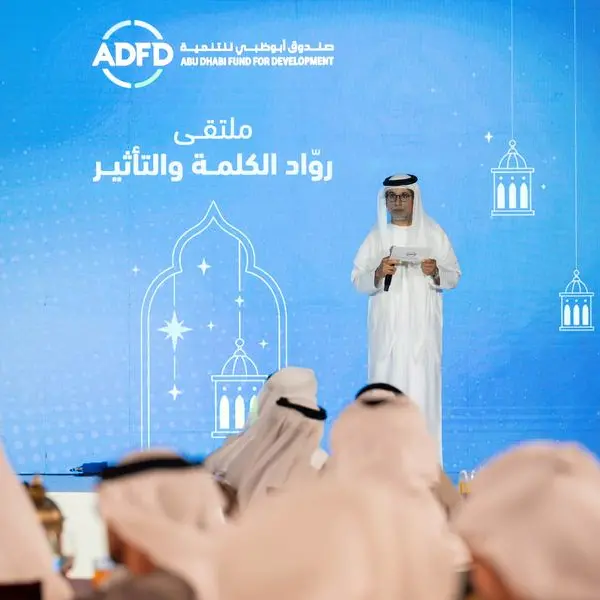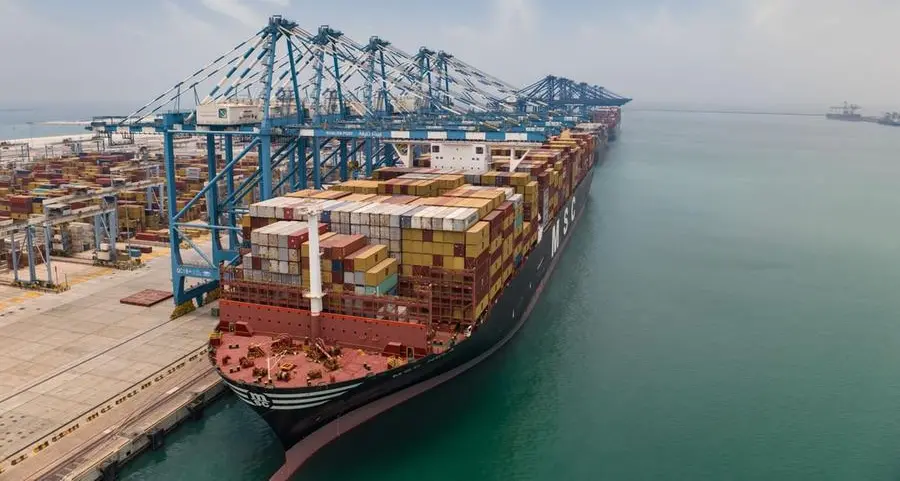PHOTO
Dubai, UAE – In the lead-up to COP28, to be held in Dubai, UAE, Gensler the world’s largest design firm and an active advocate of sustainable practices within the built environment, is set to host a series of events on the subject of sustainability in the built environment. The very first event was an informal Industry Leaders’ panel discussion on the critical intersections of climate action, inclusivity, and urban resilience, bringing together a diverse representative group of experts from various fields within the building industry.
The panel facilitated an open and informal exchange between industry leaders as climate impacts worsen around the world and carbon emissions continue to climb to record highs, with the consequences felt more severely by vulnerable communities. Amidst this worsening crisis, the panel discussion took stock of actions by governments and industry, highlighting the significant gaps in climate change mitigation, adaptation and resilience, and climate finance.
This event aimed to build a common understanding of how local industry leaders can strengthen international cooperation and re-energize the multilateral system to deliver demonstrable progress through a successful outcome at COP28 that will help to bridge these gaps.
The event - attended both physically and virtually - was in partnership with the American Institute of Architects (AIA), a professional organization for American Architects. The AIA offers education, government advocacy, community redevelopment, and public outreach programs, and collaborates with other stakeholders in the design and construction industries. The event was organized by AIA Middle East 2022 President and Director of Operations for Gensler Middle East, Stephanie Kinnick, and took place at Gensler’s Dubai office on Thursday, September 28, 2023, at 18:00 UAE time. This was the first of several events that will take place ahead of COP28, where Gensler will have a strong presence, involving studios from its 50 locations around the world.
Samar Hussein, Design Resilience Leader and Associate at Gensler Middle East and moderator for the event, said, “Climate change has emerged as one of the most imminent threats facing our planet today. Its impacts are far-reaching, affecting global communities in unequal ways. The discussions will delve into the intricate relationship between inclusivity and climate action, highlighting the urgent need for equitable solutions and how the building industry can positively impact locally and across the most heavily impacted, developing countries.”
According to the U.N.’s Intergovernmental Panel on Climate Change report published in 2023, natural disasters currently force an average of 21.5 million people from their homes around the world each year. Scientists predict that over the next 30 years, 143 million people will likely be displaced by rising sea levels, drought, extreme heat, and other climate catastrophes.
Louise Collins, Country Director, Project & Development Services UAE, and Regional Director Engineering & Energy MEA, at JLL said: “A massive 79% of historic carbon emissions have been produced by developed countries, yet the impact continues to be primarily felt by developing nations, which can be seen in so many of the natural disasters we’ve witnessed recently. At COP27, as nearly as 200 countries signed up for the UN Climate Fund, which aims to secure the much needed $1.7 trillion of annual funds by 2030 for the displacement and resilience development of impacted nations. I’m looking forward to finding out where we stand with that at COP28.
Despite the challenges posed by the arid landscapes and low water levels in the Middle East, there are opportunities to address climate change and reduce greenhouse gas emissions. According to a report titled "Climate Change and Weather Extremes in the Eastern Mediterranean and Middle East," the region has become a significant contributor to greenhouse gases globally. By recognizing this situation, we can work towards sustainable solutions and create a more resilient future for the Middle East and the world.”
Hrvoje Cindric, Buro Happold’s Middle East Strategic Planning lead, approached the conversation on sustainable solutions from an urban planning perspective: “Being here in the Middle East we are in one of the world’s most arid environments, yet we employ north-Atlantic approaches to planning. However, we are also in the UAE, one of the most advanced and developed countries in the world. We are in the privileged position to not only have the resources to develop sustainable solutions for arid environments and have urgency on our side. Global warming will make an already challenging climate in the Middle East worse. Being at the forefront of this challenge, we have a responsibility to develop solutions and roll these out to developing countries in similar climates.”
According to the UN, 1.6 billion people are currently living in inadequate housing, of which one billion are residing in slums and informal settlements. This proves that strong housing policies that focus on resilience, mobility, and energy consumption, are crucial. Each year the UN focuses on the promotion of inclusive housing and social services, which means a safe and healthy living environment, with consideration for children, the youth, women, the elderly and the disabled, but which has affordable and sustainable transport and energy and creates jobs.
UNICEF has reported that over 1 billion children are at extremely high risk of severe and destructive climate hazards. Children will suffer more than adults, and this will be further amplified on the poorest communities. As we grapple with this global crisis, it's essential to address climate justice and ensure that climate action is equitable and inclusive.
Li Ren, Associate at Perkins Eastman focused on “the last 100 meters”: “I think we need a bigger focus on what governmental and global authority’s governance on the topic of climate change looks like in the real world. I’d like to focus on how climate change should change our design. A key information source for economic and social equality in the built environment should come from affordable housing and senior living.”
Gail Napell, Sustainability Director and Inclusive Design Network leader at Gensler said on the topic of equitable representation of all people: “Awareness of inequity is growing, and nations are working to correct this inequity. The reality is that climate change has no prejudice, so no group of people are exempt from action. Our youth is the group that will be most impacted and so that group is the one that needs to have the biggest focus.”
For further information, please contact:
Lionel Joel
Lionel@a-comms.com
About Gensler
Gensler is a global architecture, design, and planning firm with 50 locations across Asia, Europe, Australia, the Middle East, and the Americas. Founded in 1965, the firm serves more than 3,300 active clients in virtually every industry. Guided by determined optimism, we believe the power of design can spark positive change and create a future that promotes equity, resilience, and well-being for everyone. Gensler’s total worldwide revenue for fiscal year 2021 was $1.235 billion.
Recent accolades
- • Gender Diversity Champion of the Year Middle East Consultant Awards
- • Architectural Record 2020 Top 300, #1 Architecture Firm
- • Interior Design 2021 Top 100 Giants, #1 Overall Firm
- • Building Design + Construction 2020 Giants 400, #1 Architecture Firm
- • Building Design + Construction 2020 World Architecture 100, #1 Overall Firm
- • ENR 2020 Top 500 Design Firms, #1 Architecture Firm
- • ENR 2020 Top 100 Green Buildings Design, #1 Architecture Firm
- • Glassdoor “Best Places to Work 2020”
- • Forbes “America’s Best Employers for Diversity” in 2020
